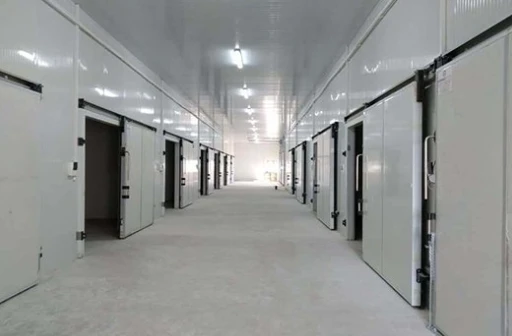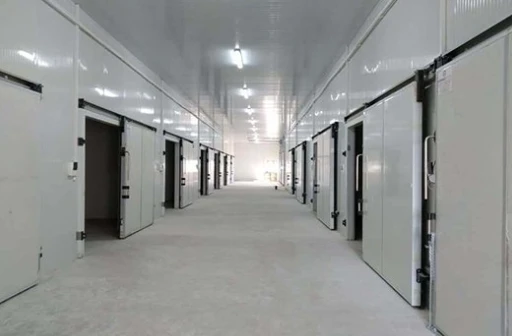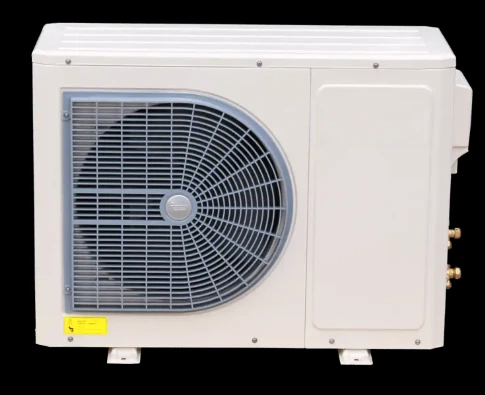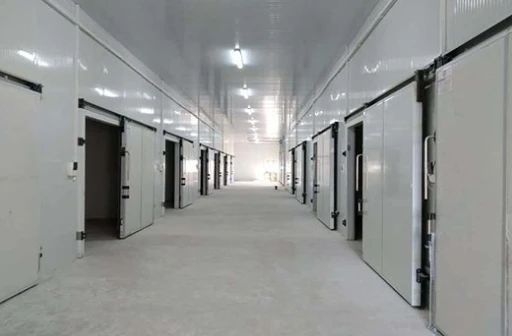Discover the Versatility and Efficiency of a Blast Freezer for Your Business Needs
A blast freezer is an essential tool in industries that require quick and efficient freezing of products, especially in the food sector. However, the applications of a blast freezer go beyond just food storage and preservation. At Xuexiang, we provide blast freezers that are engineered for versatility, ensuring that your business can meet the demands of rapid freezing with precision and reliability. This article will delve into the wide range of industries that benefit from blast freezers, the key technical parameters to consider when selecting a blast freezer, and how to maintain and care for your equipment for long-lasting performance.

Applications of Blast Freezer in Industries Beyond Food
While blast freezers are most commonly associated with the food industry, where they are used to preserve meat, seafood, fruits, and vegetables, their versatility extends to other sectors as well.
Pharmaceutical Industry:
In the pharmaceutical sector, blast freezers are used to quickly freeze medical supplies, vaccines, and biologics. Certain vaccines and medications require ultra-low temperatures to maintain their efficacy, and a blast freezer for meat or other temperature-sensitive products is ideal for preserving these substances. The rapid freezing process prevents damage to these delicate items, ensuring they remain effective until use.
Chemical Industry:
In the chemical industry, blast freezers are utilized to quickly freeze certain chemicals or reactions that need to be stabilized or preserved. This prevents chemical degradation and helps maintain product quality during production and storage.
Electronics Industry:
For electronic components such as semiconductors and circuit boards, blast freezers play a crucial role in cooling these delicate materials to prevent overheating and ensure the components meet industry standards. The precise temperature control offered by a blast freezer ensures that electronic parts are cooled effectively and safely.
Other Industrial Applications:
Other industries, such as agriculture, textiles, and research institutions, also rely on blast freezers for various applications, including rapid freezing of biological samples, agricultural products, and materials that need to be preserved in controlled environments. The flexibility of blast freezers makes them valuable assets in a range of operations beyond food processing.
Key Technical Parameters of a Blast Freezer
When selecting a blast freezer for your business, understanding the main technical parameters is crucial for ensuring that the unit meets your specific freezing needs. Below are some important factors to consider:
Freezing Capacity:
One of the most important parameters to consider when choosing a blast freezer for sale is the freezing capacity. Freezing capacity refers to the amount of product the freezer can freeze within a specific time frame, typically measured in kilograms per hour. Whether you’re freezing large batches of meat or pharmaceuticals, it’s essential to choose a freezer that can handle your required volume without sacrificing speed or efficiency.
Temperature Range:
The temperature range of a blast freezer is a critical specification. Different products require different freezing temperatures to maintain their integrity. For instance, blast freezers for meat typically operate at temperatures as low as -18°C to -40°C. Be sure to select a blast freezer with a temperature range that suits your specific freezing requirements.
Airflow System:
The airflow system in a blast freezer determines how the cold air is distributed around the product. A high-quality blast freezer will have a powerful and even airflow system that ensures all surfaces of the product are quickly frozen. Whether using an air-cooled or liquid-cooled system, the uniformity of airflow impacts the freezing efficiency and product quality.
Insulation:
The insulation material used in a blast freezer is key to its energy efficiency and temperature retention. Insulation panels, such as PU (polyurethane) or PIR (polyisocyanurate), are commonly used for high-performance blast freezers. These materials help maintain low temperatures inside the unit and minimize energy consumption.
Door Type:
The type of door in a blast freezer also affects its performance and usability. Common options include lift, slide, and hinged doors. Depending on your facility's space and product handling needs, choosing the right door type can help improve workflow efficiency and save space.
Daily Maintenance and Care for a Blast Freezer
Proper maintenance is essential to ensure that your blast freezer operates efficiently and lasts for many years. Regular maintenance can prevent costly repairs and downtime, as well as ensure that your products remain frozen at the correct temperature. Here are a few key tips for daily maintenance:
1. Clean the Interior Regularly:
To avoid any contamination, it’s important to regularly clean the interior of your blast freezer. Food particles, moisture, and ice buildup can reduce the unit’s efficiency and affect the quality of frozen products. Wipe down the interior surfaces and remove any ice or frost accumulation as soon as possible.
2. Check the Door Seals:
The door seals in a blast freezer play a crucial role in maintaining the unit's temperature. If the seals are worn or damaged, cold air can escape, and energy efficiency will be compromised. Inspect the door seals regularly for any signs of damage or wear, and replace them if necessary.
3. Inspect the Cooling System:
The cooling system is the heart of any blast freezer. Perform regular inspections of the refrigeration components to ensure they are working optimally. Look for any leaks or obstructions in the air or liquid cooling system. Clean condenser coils to ensure they are free from dust and debris, which can affect the system's performance.
4. Monitor Temperature Control:
Always monitor the temperature control system of your blast freezer. Ensure that the unit is maintaining the desired temperature range, especially when handling temperature-sensitive products such as blast freezers for meat. A malfunctioning thermostat or sensor can lead to improper freezing and a loss of product quality.
5. Perform Periodic Deep Cleaning:
In addition to daily cleaning, periodic deep cleaning of your blast freezer is recommended. This includes thoroughly cleaning all components, including the evaporator coils and drain lines, to prevent bacteria buildup and maintain the efficiency of the unit.
Customizing Your Blast Freezer to Fit Your Business Needs
At Xuexiang, we offer customizable options to help businesses tailor their blast freezers to meet specific operational requirements. Whether you need specific dimensions, additional temperature control options, or specialized insulation, we provide solutions that suit your needs. Our blast freezers are built to handle a wide range of applications, from blast freezers for meat to other industrial freezing solutions, all while maintaining the highest levels of performance and efficiency.
In conclusion, a blast freezer is an invaluable investment for industries beyond food, such as pharmaceuticals, chemicals, and electronics. By understanding the key technical parameters and performing regular maintenance, businesses can ensure the longevity and efficiency of their blast freezer. At Xuexiang, we provide a wide selection of blast freezers for sale, each customizable to fit your specific freezing needs. Contact us today to learn more about how our products can help streamline your freezing process and enhance product quality.
















































































































